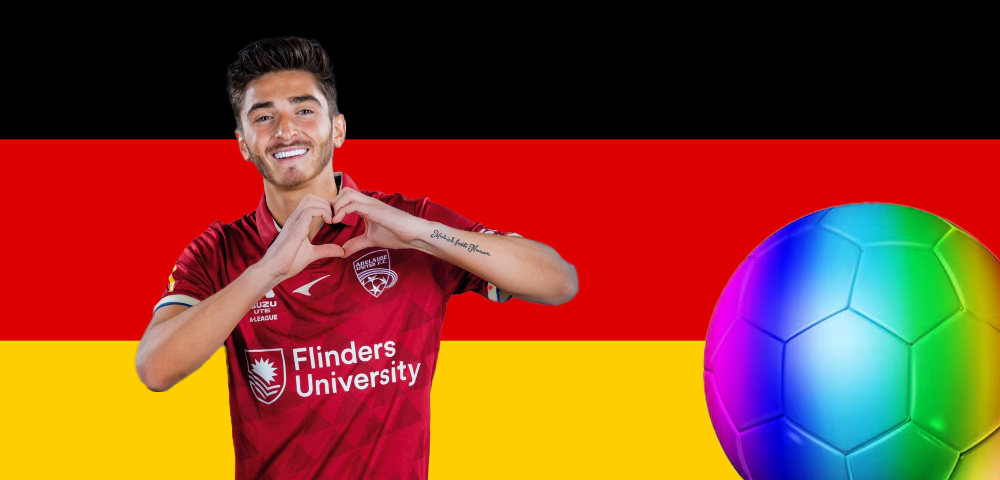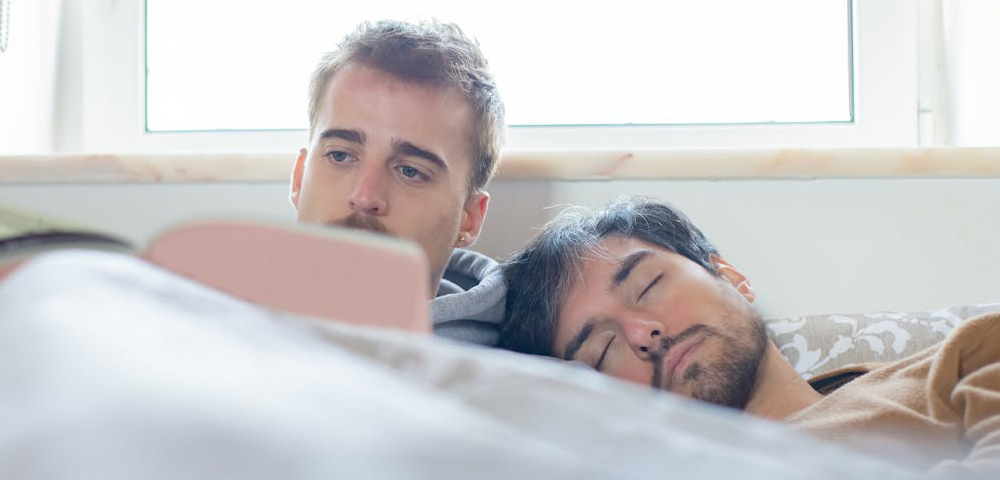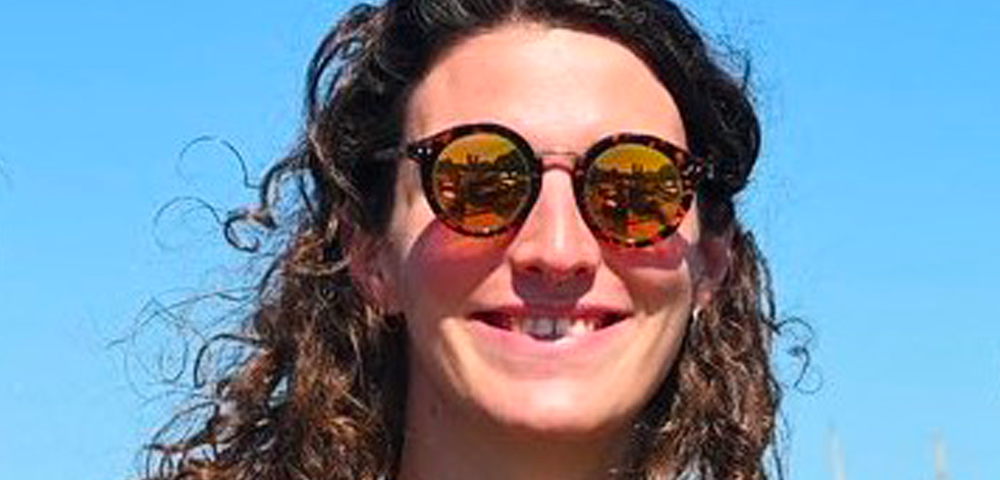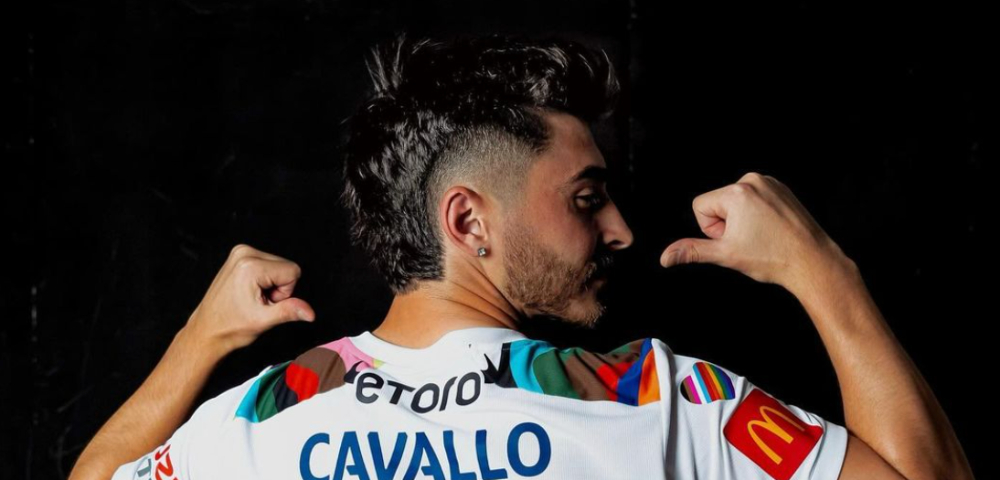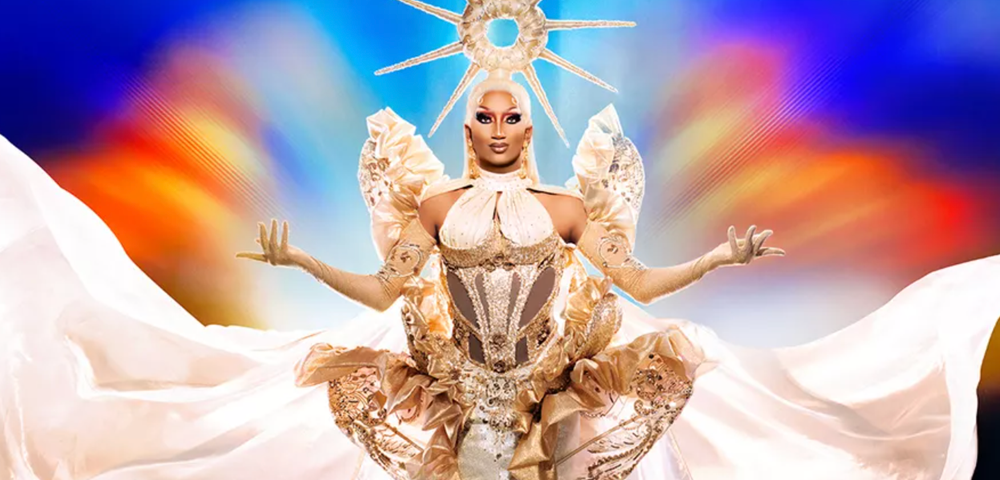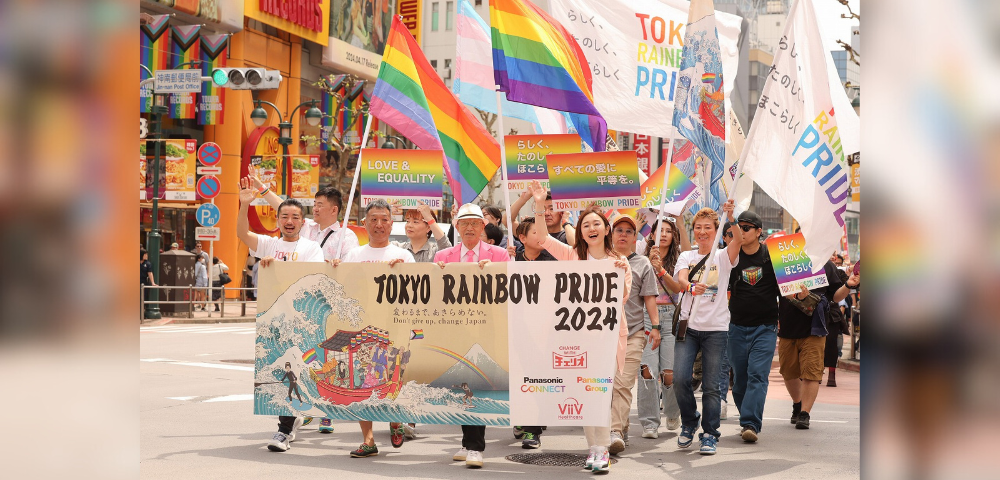
IOC or I-NO-C? Organisation remains complacent on eve of Sochi

WITH less than 48 hours before the opening ceremony of the Sochi 2014 Winter Olympics, openly-gay New Zealand speed skater Blake Skjellerup has become the latest Olympian to slam the IOC for not doing enough to stand up against discrimination.
He joins more than 50 other high-profile athletes and Olympians who have criticised the organisation in past weeks for standing idly by as Russia’s Government last year enacted nationwide laws prohibiting so-called ‘gay propaganda.’
Among those to have signed up to the Principle 6 campaign and included their voice as part of LGBTI activist group All- Out’s petition were Australian bobsleighers Heath Spence and Jana Pittman, as well as the Australian team’s only openly-gay member, snowboarder Belle Brockhoff.
Along with Australian Olympic gold medal winning diver Matthew Mitcham, Skjellerup (pictured below) will be an ambassador for the 2014 Gay Games that take place in Cleveland, USA from August.
The Christchurch native represented New Zealand at the Vancouver 2010 Winter Olympics and publicly came out as gay soon after.
Despite narrowly missing out on qualification for Sochi by just one spot, the 28-year-old told the Star Observer this week that he supported widespread moves of increasing the pressure on the IOC for not doing more to highlight the importance of inclusion and diversity.
“Of course the IOC needs to examine how and where they award the Olympic Games, to ensure that the original principle of the Olympic Games is lived up to,” Skjellerup said.
“Friendship, diversity, peace, and education are what enable the Olympic Games to be a peaceful and moving celebration of humanity through sport.”
The recently-enacted laws in Russia make it illegal for any- one to promote LGBTI relationships as healthy and normal and have led to a string of violent assaults on Russian LGBTI community members.
“I was in Russia in November for an Olympic qualifying competition, and post competition I had the opportunity to meet with members of the Russian LGBTI community,” Skjellerup said.
“The consensus was that those who are LGBTI are so very afraid to be open and themselves in their everyday lives, due to the fear and reality of violence.
“It was upsetting to learn that the environment in Russia towards diversity is oppression.”
During the lead-up to the Games, which commences today, a number protests in major world cities and leaders, including US President Barack Obama, announcing their decision not to attend the event over concerns about Russia’s discriminatory laws.
“We have to keep providing solidarity in anyway we can. We need to continue to be proud of who we are, and show those in Russia that in order for a change to come, they are going to have to face their oppressors head on, and fight for what is right,” Skjellerup said.
“The change is not going to come from us, it is going to come from them. It won’t be easy, but it is so, so important to fight for.”
Going forward, Skjellerup said the IOC had to closely look at its own charter, including its Principle 6 clause, which supposedly guarantees non-discrimination but fails to explicitly mention sexuality.
“My sexuality is something that throughout history has been discriminated against,” he said.
“Principle 6 needs to explicitly state ‘sexuality’ as something that an athlete, coach, administrator, who is taking part in an Olympic Games can not be discriminated against. Case and point, Russia.”
Amnesty International Australia last week delivered to the Russian Consulate in Sydney a petition with over 10,000 signatures urging the nation’s president, Vladimir Putin, to end his attack on human rights.
“Hosting the Olympic Games is a privilege and respect for human rights and basic freedoms should be demanded of any host country,” Amnesty International Australia spokesperson Chris Holley said.
“We are very concerned by Russia’s deteriorating human rights record especially in regards to LGBTI rights and freedom of expression.
“The Russian Government needs to repeal repressive laws which threaten basic civil and political freedoms and defend every Russian’s human rights.”





